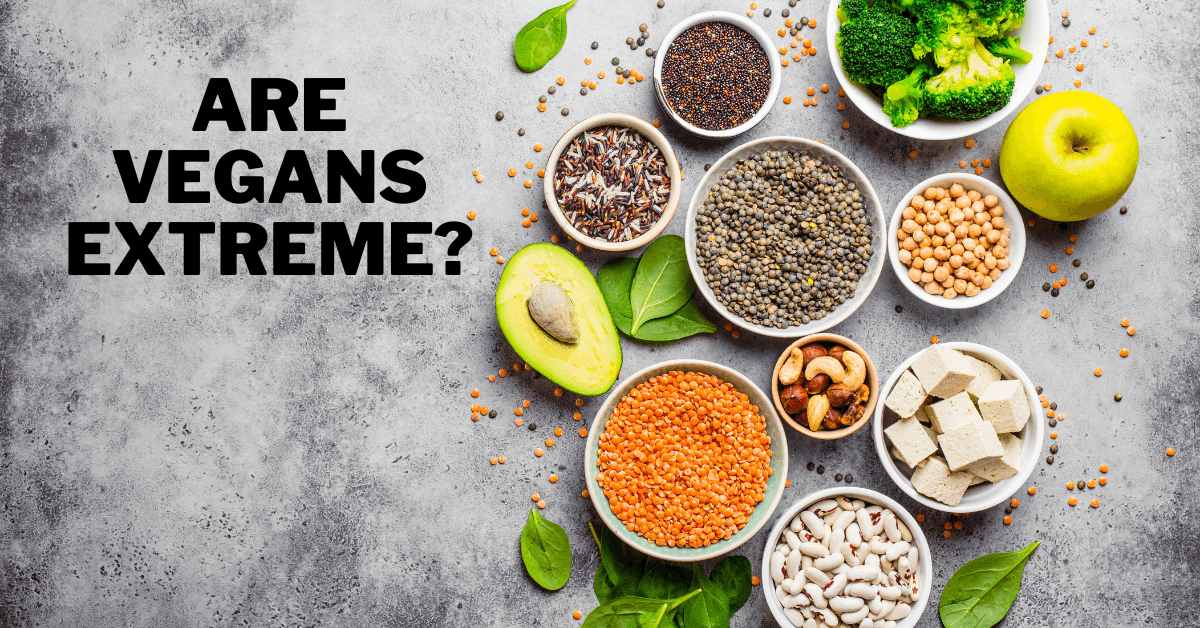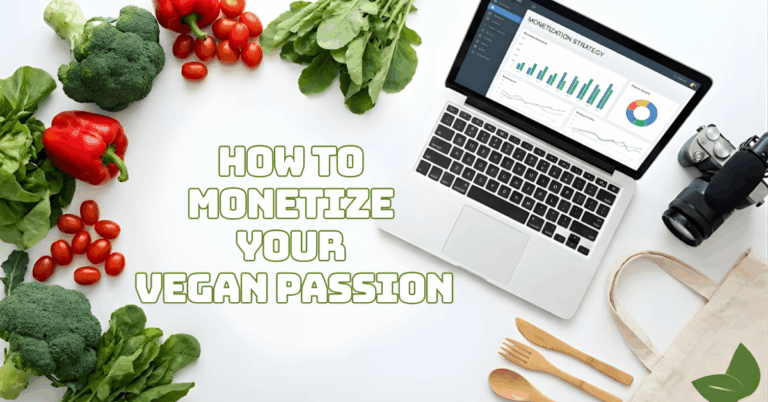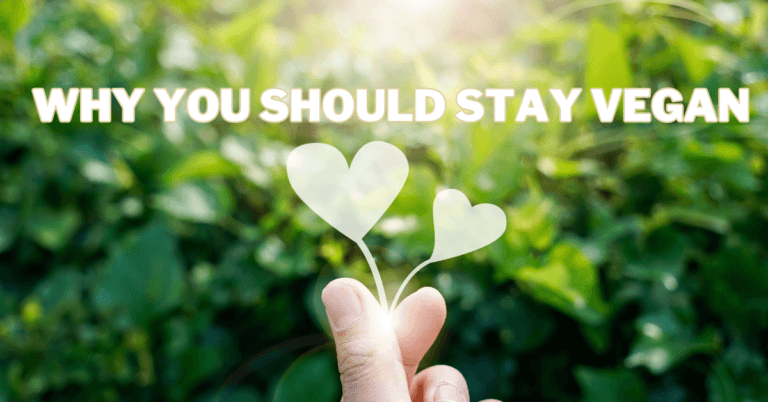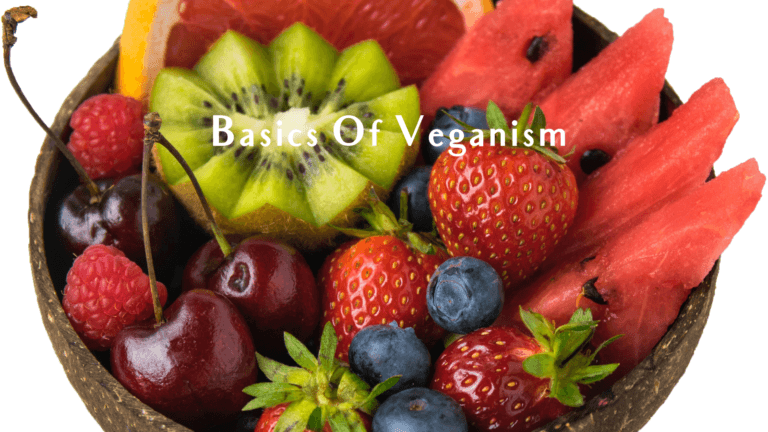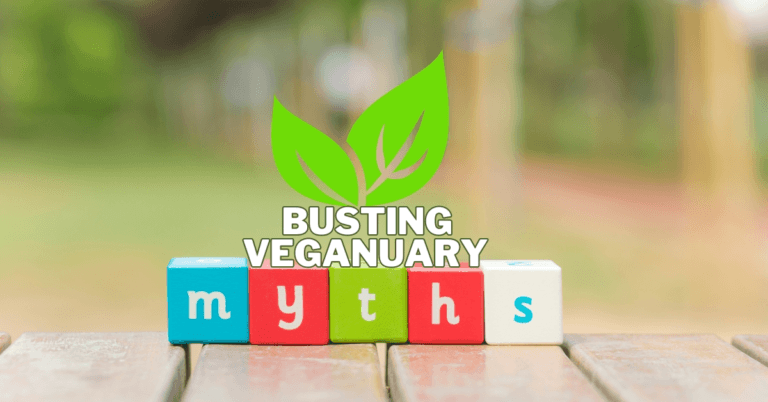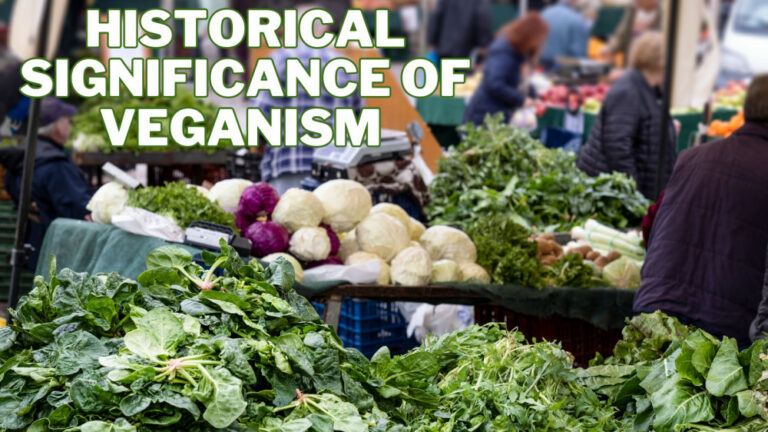Are Vegans Extreme?
Are Vegans Extreme?
In a world where dietary choices often spark passionate debates and strong opinions, one group frequently finds itself under the spotlight: vegans.
Their lifestyle, driven by ethical, environmental, and health concerns, is sometimes labelled extreme by some and hailed as a conscientious choice by others.
But what exactly makes someone a vegan? Are they indeed on the far end of the dietary spectrum, or is there more to the story?
In this article, we will delve into the multifaceted world of veganism, explore its motivations, and address the question: Are vegans extreme or simply passionate about their beliefs and values?
As we navigate this exploration, we'll uncover the many layers of veganism, its motivations, and its implications, ultimately attempting to answer whether the label “extreme” does justice to this compassionate, eco-conscious, and health-driven lifestyle.
In this article, we will delve into the multifaceted world of veganism, explore its motivations, and address the question: Are vegans extreme or simply passionate about their beliefs and values?
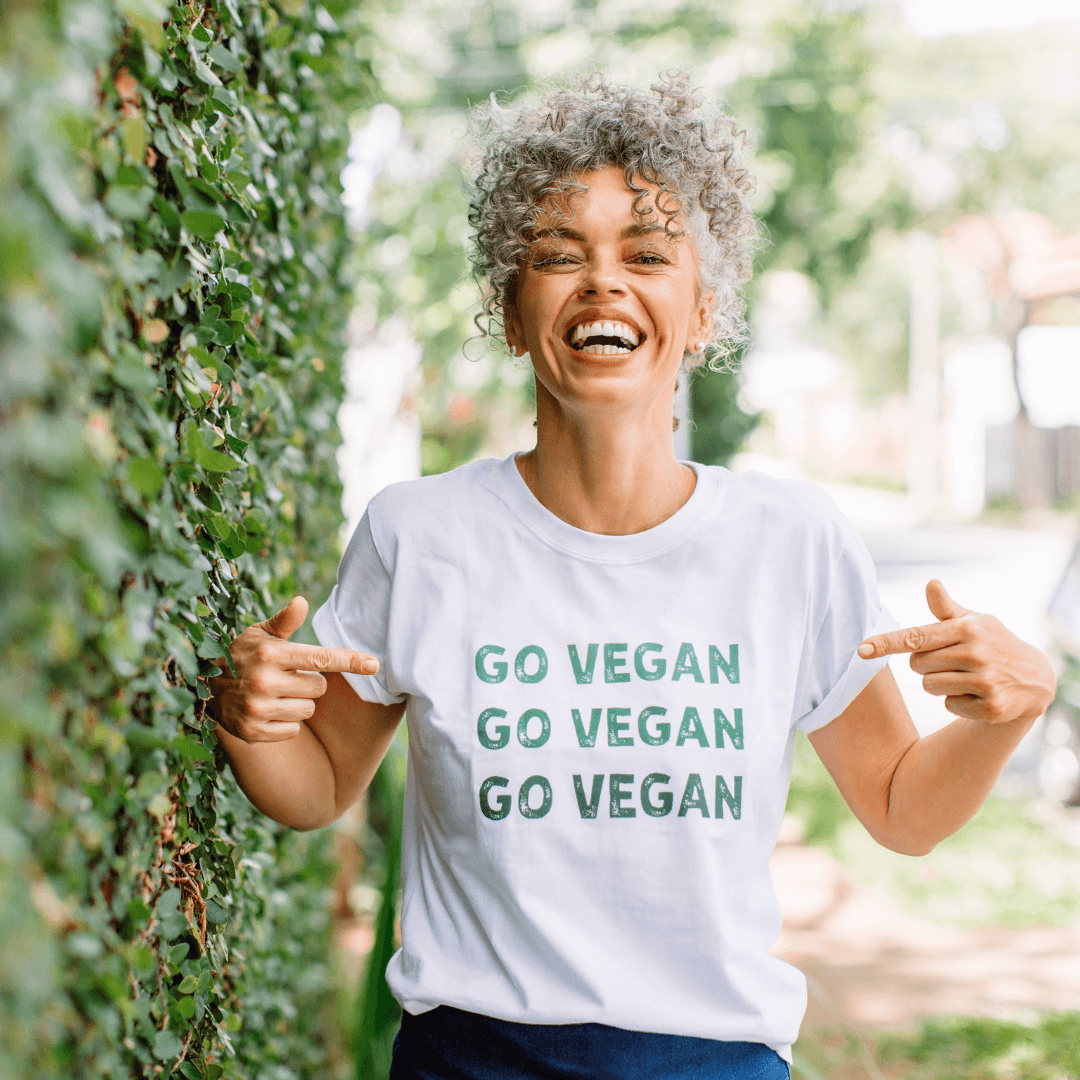
The Spectrum Of Veganism
Veganism isn't a one-size-fits-all lifestyle; it encompasses a spectrum of choices and commitments. On the one hand, you'll find ethical vegans, often considered the most committed members of the community.
Their motivation extends beyond diet and encompasses every facet of their lives, from clothing to personal care products.
These individuals passionately advocate for animal rights and tirelessly work to minimize their carbon footprint. On the other side of the spectrum are those primarily drawn to a plant-based diet for health reasons.
These individuals focus on what they eat and avoid animal products, but might not be as concerned with animal rights or avoiding animal-derived ingredients in non-food products.
In between, a vast array of individuals embrace veganism to varying degrees. They might occasionally indulge in a non-vegan treat or wear clothing made from animal-derived materials.
This spectrum within the vegan community highlights the diversity and complexity of veganism, dispelling the notion of a one-size-fits-all approach.
While some may perceive ethical vegans as the most “extreme,” it's essential to recognize that not all vegans share the same level of commitment, and that's perfectly okay.
Each individual's journey toward a more compassionate and sustainable lifestyle is unique.
What Are The Different Levels Of Vegan?
Navigating the world of veganism is like exploring a vibrant spectrum of dietary and lifestyle choices.
While the core principle remains the same, excluding animal-derived products, the reasons, motivations, and commitments vary.
Veganism encompasses a spectrum of dietary and lifestyle choices, and people adopt it for various reasons. Here are the different levels of veganism:
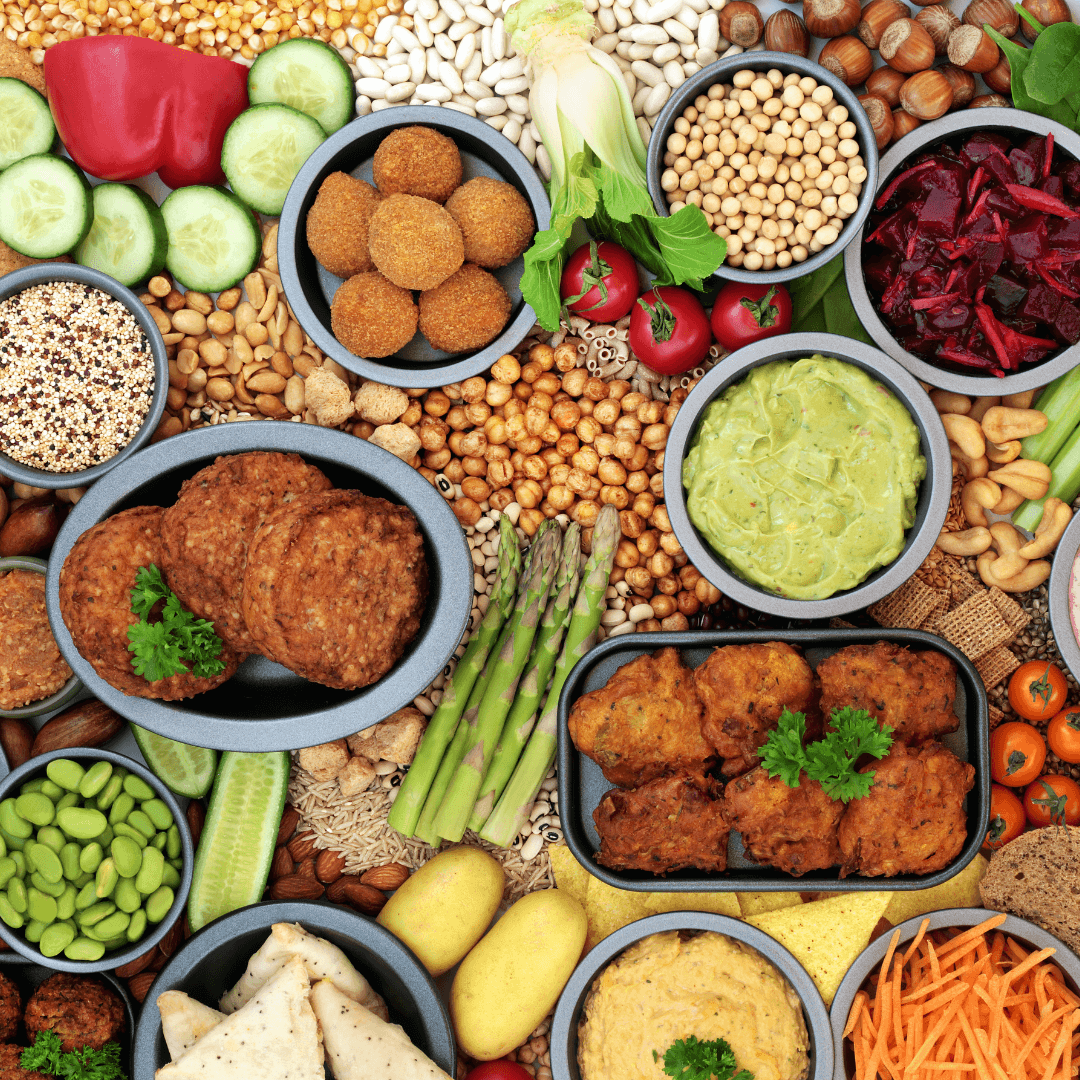
1. Dietary Vegans
Dietary vegans are the pioneers of the vegan movement, laying the foundation for a lifestyle built on compassion and eco-conscious choices.
At the core of their commitment lies a dietary choice to exclude all animal-derived foods. This means their plates lack meat, dairy, eggs, and even honey, often stemming from ethical, environmental, and health concerns.
They stand out for their unwavering commitment to welcoming plant-based options. From creamy almond milk that graces morning cereal to the savoury delights of tofu and tempeh, dietary vegans have transformed the culinary landscape, proving that a cruelty-free diet can be remarkably diverse and satisfying.
With the growing variety of meat substitutes, their meals can mimic the tastes and textures they once knew but with none of the ethical baggage.
Dietary vegans are, in essence, the culinary artists of the vegan movement, forging new pathways in the kitchen and demonstrating that delicious, animal-free meals are not just a possibility but a reality.

2. Ethical Vegans
Ethical vegans advocate for a compassionate and cruelty-free world. Their commitment goes beyond their dietary choices, extending into every facet of their lifestyle.
Like dietary vegans, they refrain from consuming animal-derived foods but take it a step further. Ethical vegans say a resounding “no” to products that result from animal exploitation.
You won't find leather boots in their closet, woollen scarves around their neck, or cosmetics in their makeup bags that have been tested on animals.
Their motivation is firmly rooted in animal welfare, and their mission is to reduce harm to animals in every possible way.
To them, adopting a vegan diet is just the beginning; it's about aligning their everyday choices with the principles of kindness and compassion.
Their unwavering stance in the face of a world filled with animal-derived products speaks volumes about their commitment to making a difference.
In a world where ethical and sustainable consumption is gaining importance, ethical vegans are the torchbearers of this movement, showing that one's choices can have a meaningful impact on the lives of animals.
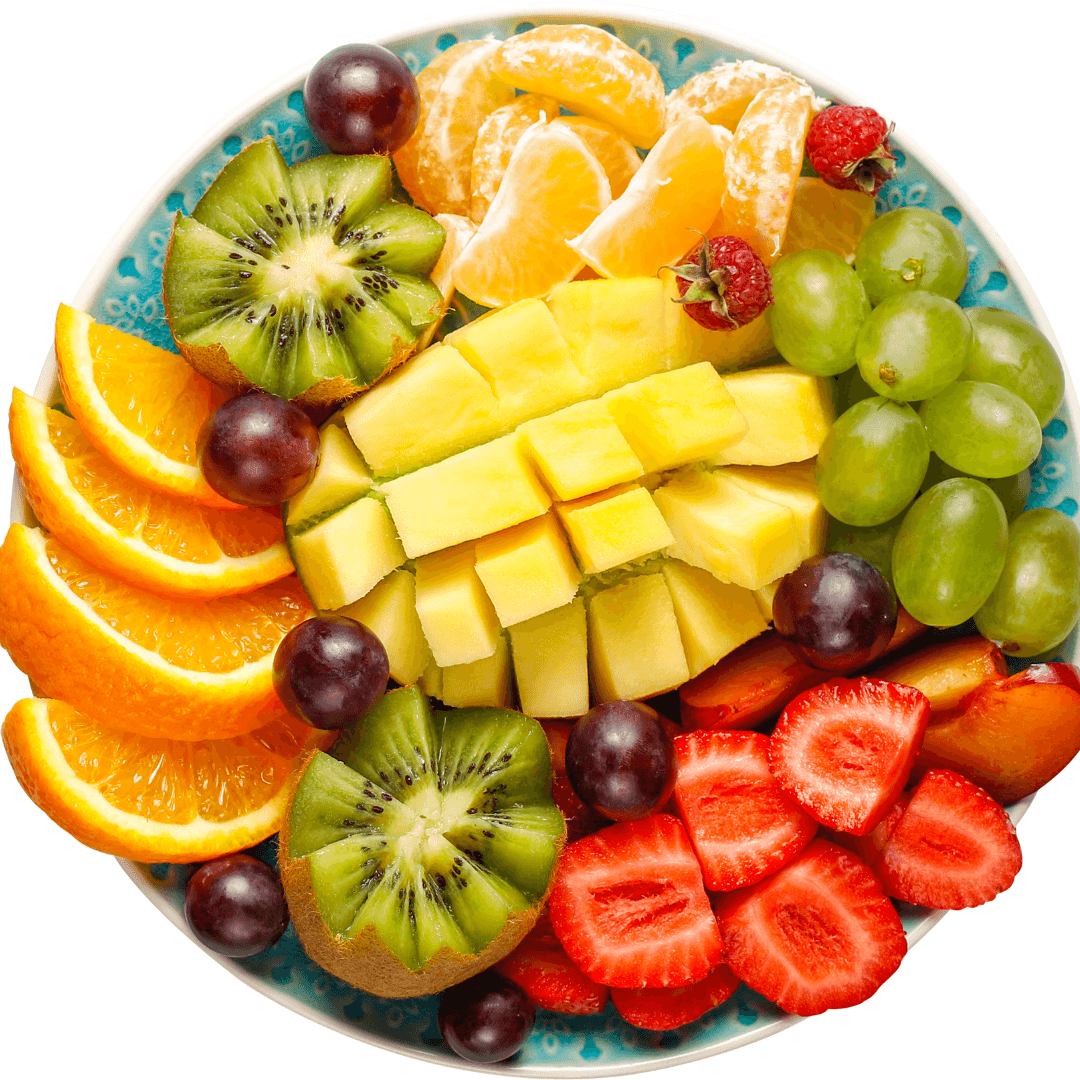
3. Raw Vegans
Raw vegans are a subset of the vegan community passionate about their food's purity and natural essence.
Their dietary choices align with other vegans in that they abstain from animal-derived foods. However, their unwavering commitment to consuming raw, unprocessed, and uncooked foods sets them apart.
For raw vegans, the magic happens in the natural state of their ingredients. They believe cooking food above a specific temperature can lead to losing essential nutrients and enzymes.
To preserve the maximum nutritional value, their plates are filled with fresh, organic fruits, vegetables, nuts, and seeds, often eaten as salads, smoothies, or dehydrated snacks. These foods' vitamins, minerals, fiber, and enzymes promote general health.
Raw vegans are mindful of animal welfare and view their diet as a path to vibrant health and well-being.
It's an approach that resonates with the belief that food, in its unadulterated form, is nourishing and a source of vitality.
A simple salad can be a symphony of flavours and a nutritional powerhouse for raw vegans. Their journey involves not just dietary choices but also a commitment to maintaining the integrity of their ingredients and celebrating the inherent goodness of nature's bounty.
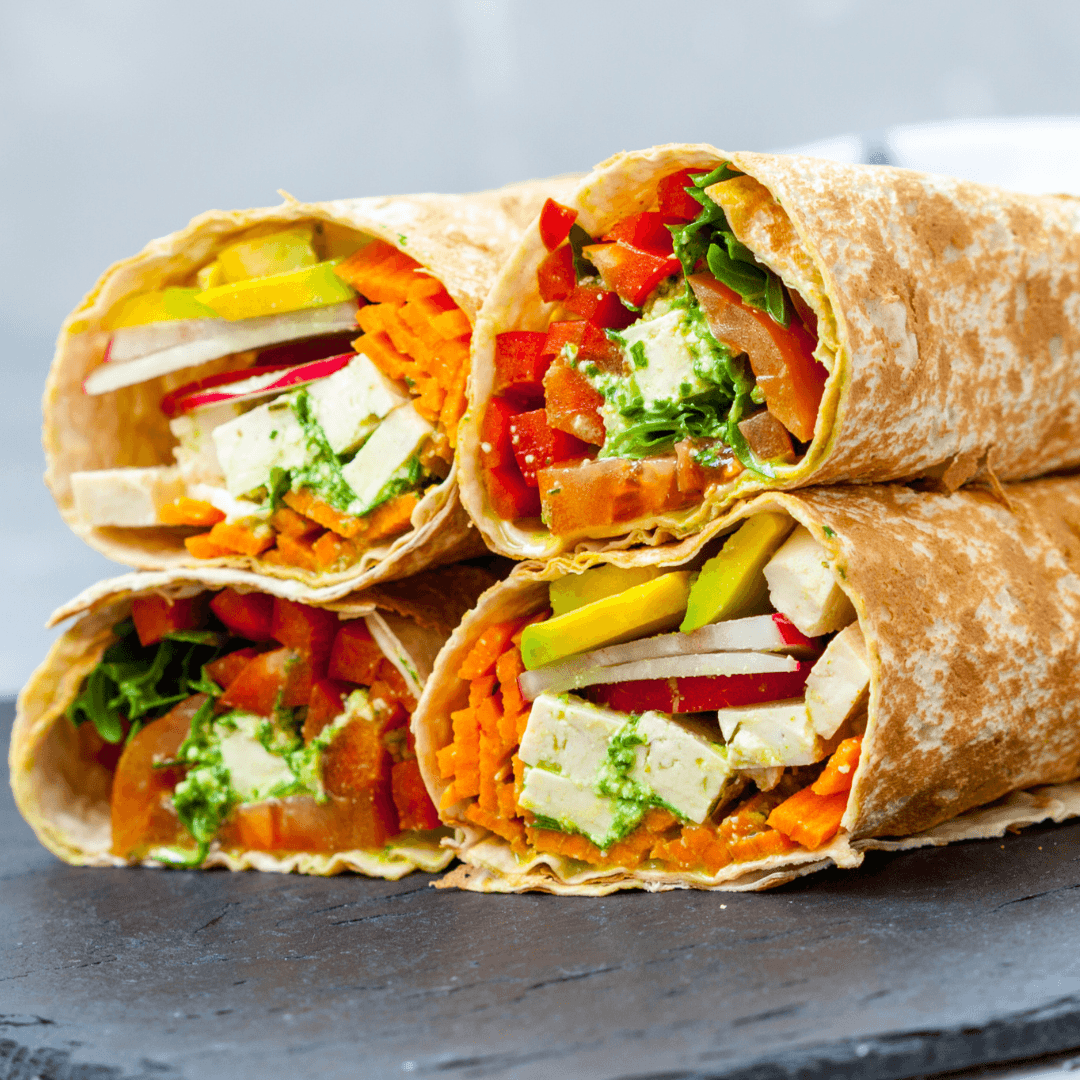
4. High-Carb, Low-Fat Vegans
High-carb, low-fat vegans follow a dietary approach that strongly emphasizes the proportions of macronutrients they consume. In this lifestyle, carbohydrates take center stage, while fats are more subdued.
The diet revolves around consuming carbohydrates derived from fruits, vegetables, and grains, prioritizing foods naturally low in fat.
High-carb, low-fat vegans are driven by a desire to optimize their health and manage their weight effectively.
They believe that by favouring carbohydrates, they can harness the energy-giving properties of these foods while keeping fat intake to a minimum.
This approach often involves generous servings of fruits like bananas and dates and abundant leafy greens, legumes, and starches such as rice or potatoes.
The idea is to create a sustainable energy source while reducing their diet's overall caloric density.
While this dietary approach is primarily health-centric, it aligns well with the vegan philosophy of abstaining from animal products.
High-carb, low-fat vegans might perceive that their dietary choices contribute to their well-being and reduce their food choices' environmental and ethical impact.
Essentially, they blend the vegan ethos with a focus on optimizing their nutrition, creating a lifestyle that maximizes vitality while minimizing harm.

Extreme Or Ethical?
The label of “extreme” often attaches itself to the vegan lifestyle, a widely debated and misunderstood perception.
Some perceive vegans as extreme due to their unwavering commitment to avoiding animal exploitation, extending far beyond just food.
Ethical vegans who abstain from meat, dairy, and items like leather, fur, and cosmetics tested on animals often encounter this label.
This perception stems from the profound level of dedication they exhibit to animal welfare and environmental concerns.
Stereotypes also contribute to this notion; vegans are sometimes unfairly portrayed as judgmental, militant, or self-righteous.
However, it's essential to recognize that the perception of “extremeness” can result from misunderstanding or discomfort with confronting the uncomfortable realities of animal agriculture.
The truth is that the ethical commitment of many vegans, while strong, doesn't necessarily equate to extreme behaviour.
It reflects their deeply held principles and the recognition that every small change contributes to a more compassionate world.
Labelling all vegans as extreme oversimplifies a diverse and multifaceted community with varying levels of commitment.
Understanding the motivations behind vegan choices and engaging in open, respectful conversations can help break down stereotypes and foster greater empathy and acceptance for those choosing a vegan lifestyle.
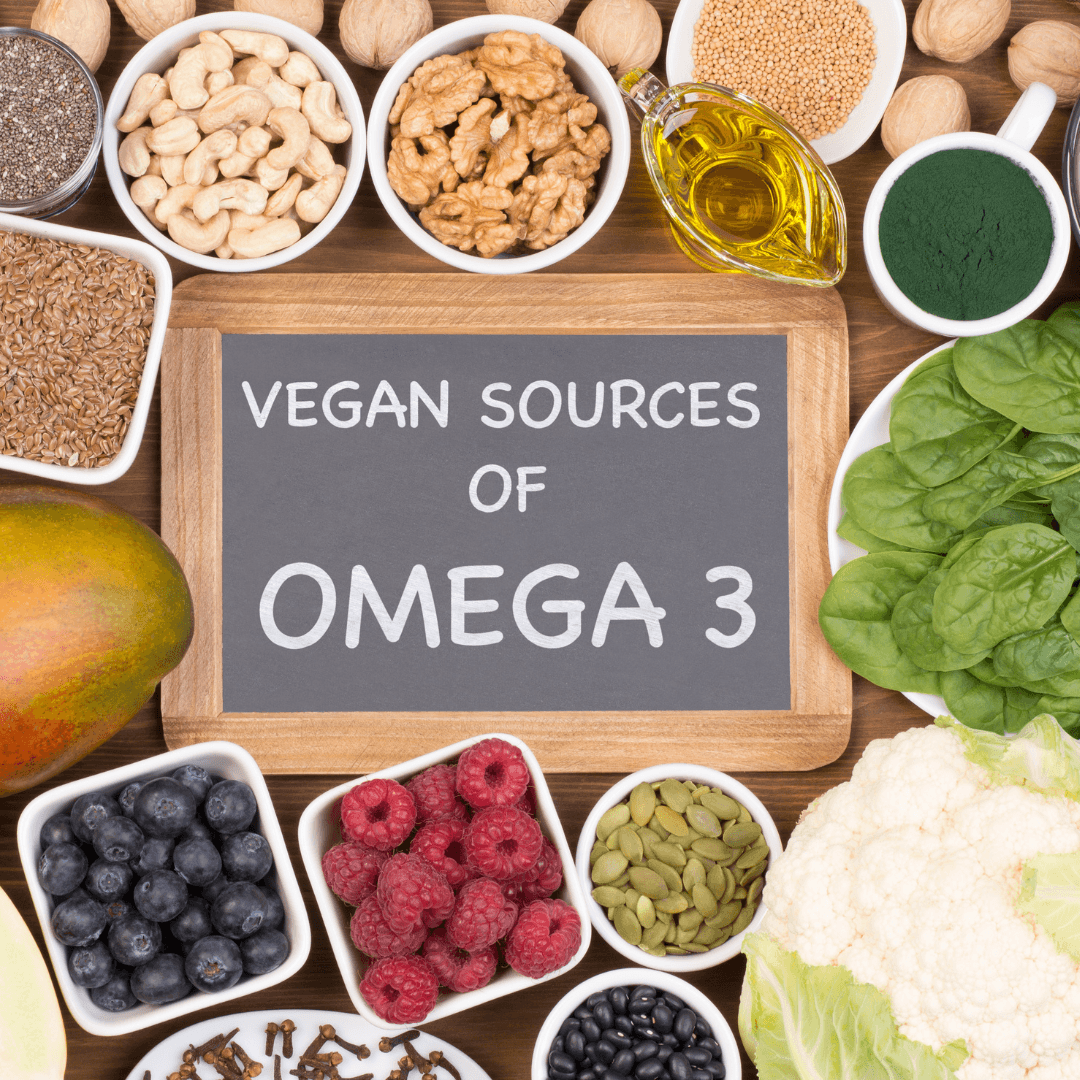
Perceptions Of Vegans
Perceptions of vegans often revolve around stereotypes that can cast them as “extreme” in the eyes of the general public.
One common misconception is that vegans are overly self-righteous or militant in their dietary choices.
While passionate vegans may actively advocate for their lifestyle, assuming all share this characteristic is a mistake.
Such stereotypes arise from encounters with a vocal minority and can lead to a broad misperception of all vegans.
Additionally, there's a prevailing belief that veganism implies deprivation and that vegans lead ascetic lives devoid of culinary joy.
This is far from the truth, as vegan cuisine thrives with diverse and delicious options, ranging from plant-based burgers to dairy-free ice cream.
The misconception that vegans are deprived fails to recognize the abundance of delectable vegan foods. Moreover, there's a misperception about why people become vegans.
While some choose this lifestyle for health reasons, others are driven by deep concerns for animal welfare and environmental sustainability.
Understanding these motivations is essential to appreciate that veganism is a multifaceted lifestyle with a spectrum of adherents.
Challenging these stereotypes is key to dispelling the notion that veganism is “extreme.” In reality, veganism is about making choices that align with one's values, whether those values are focused on personal health, ethical treatment of animals, or environmental conservation.
By debunking these stereotypes, we can foster a more informed and empathetic understanding of vegans and veganism, recognizing that this diverse community consists of individuals with varying motivations, beliefs, and levels of commitment.

Ethical Veganism
Ethical veganism is the moral compass for many individuals who adopt a plant-based lifestyle.
This component of veganism is fundamentally motivated by unwavering beliefs about animal welfare, cruelty-free living, and the steadfast desire to lessen the suffering of animals in all facets of life.
Ethical vegans view animals not as commodities for human use but as sentient beings deserving respect and protection.
This approach often leads to a more “extreme” form of veganism in the eyes of some, as it encompasses a comprehensive commitment to avoiding animal exploitation.
Ethical vegans eschew meat, dairy, eggs, honey, and other animal-derived products like leather and wool.
They scrutinize ingredient labels, choose cosmetics not tested on animals, and may even avoid products tested on animals in other countries. This unwavering dedication reflects the belief that using animals for any purpose is unethical.
While ethical vegans may sometimes be perceived as extreme, their actions stem from deeply rooted principles that align with their values of compassion, justice, and non-violence.
Their commitment extends beyond dietary choices and serves as a poignant reminder that the impact of our actions on other species is an essential consideration in ethical decision-making.
The dedication of ethical vegans embodies an extreme commitment to their convictions, rooted in the belief that the rights and welfare of animals are paramount in the complex web of ethical choices.
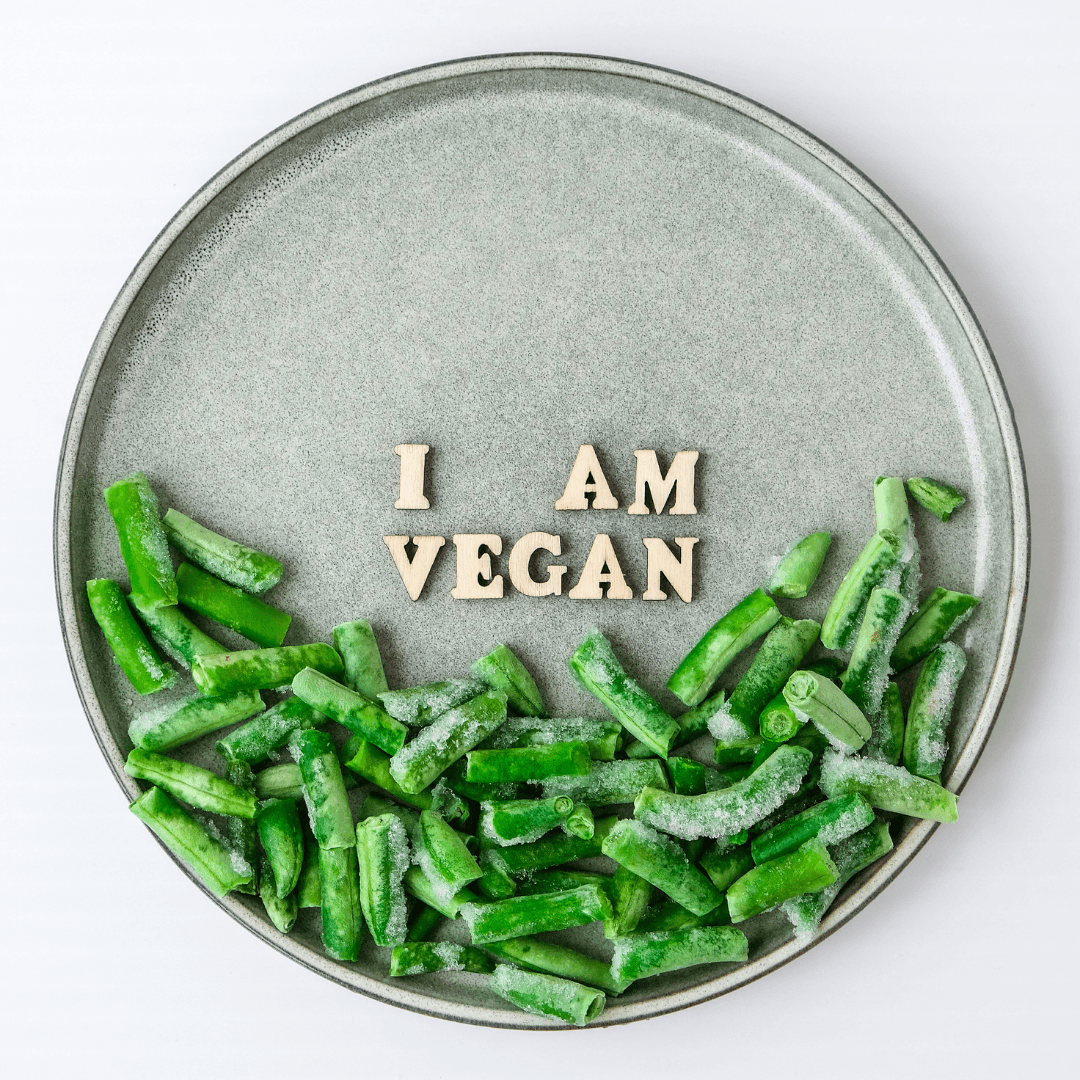
Health-Centric vs Ethical Veganism
Health-centric and ethical vegans are two significant segments within the vegan community, each driven by distinct motivations.
Health-centric vegans primarily adopt a plant-based diet for personal well-being. They focus on the nutritional aspect of veganism, seeking to improve their health, lose weight, and reduce the risk of chronic diseases.
This group is often more flexible, allowing occasional indulgences and processed vegan foods. On the other hand, ethical vegans are deeply committed to animal welfare, environmental sustainability, and ethical living.
They exclude all animal-derived products from their diets and other aspects of their lives, such as clothing and cosmetics. Ethical vegans perceive their lifestyle as a moral obligation, taking a more rigid stance.
The core difference lies in motivation: health-centric vegans prioritize their well-being, while ethical vegans prioritize the well-being of animals and the planet.
These varying motivations result in different dietary choices and lifestyle adaptations. While health-centric vegans may occasionally consume processed vegan foods, ethical vegans rigorously scrutinize ingredients to ensure they align with their ethical and environmental principles.
It's important to recognize that these two segments coexist within the vegan movement and contribute to veganism's overall growth and impact.
Moreover, the health-centric and ethical approaches aren't mutually exclusive, and individuals may transition from one to the other over time.
By understanding these distinctions, we can appreciate the diversity and complexity of the vegan community and its multifaceted motivations, which include personal health, ethical values, and environmental concerns.
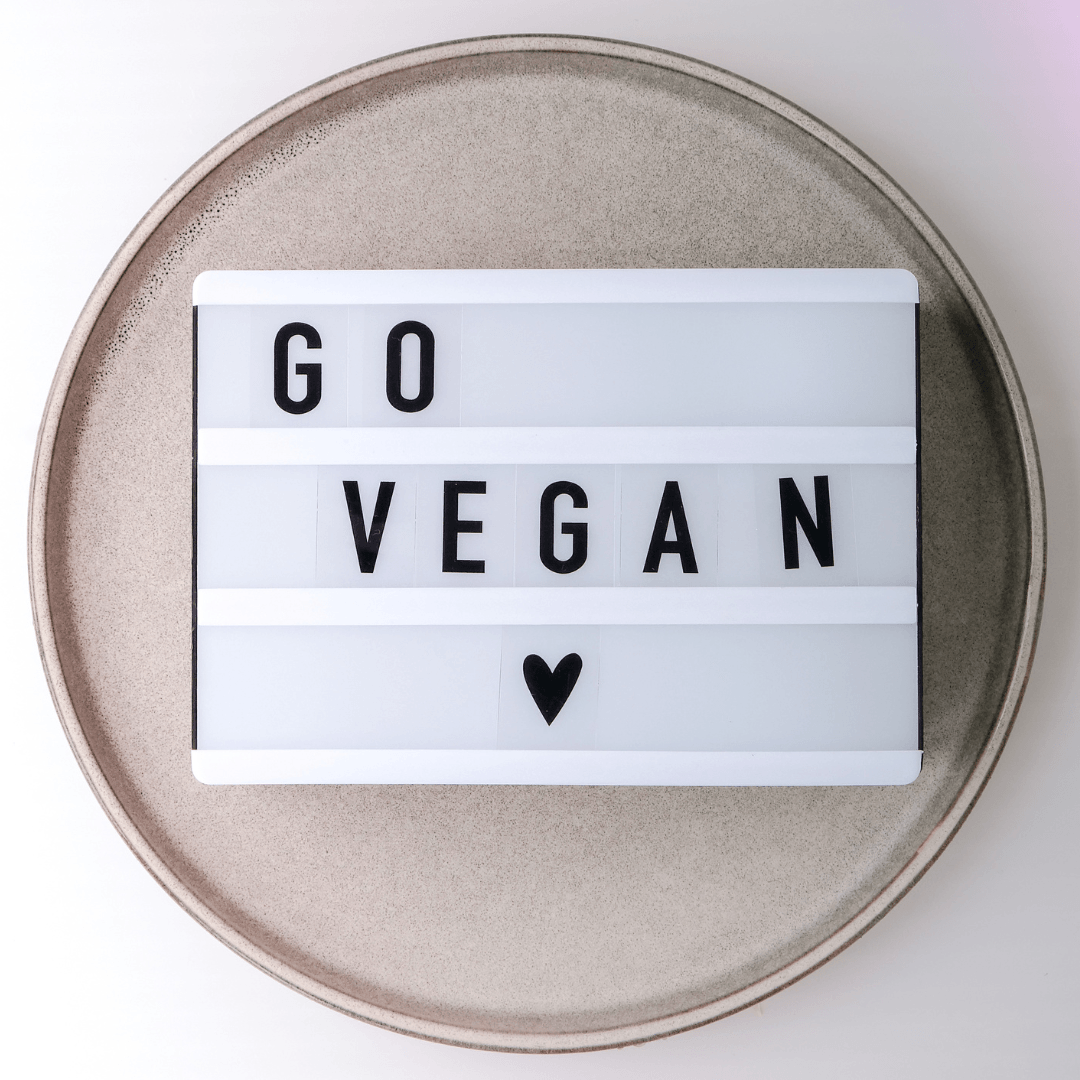
Vegan Advocacy And Activism
Vegan advocacy and activism encompass various approaches with unique strategies and goals.
From passionate individuals organizing grassroots campaigns to influential organizations conducting large-scale initiatives, the vegan community is dedicated to raising awareness about animal rights, environmental issues, and the ethical aspects of a plant-based lifestyle.
While these efforts aim to create positive change, they can sometimes be perceived as extreme by those unfamiliar with the movement.
Actions like public protests, undercover investigations into factory farms, and graphic ad campaigns can be jarring to some.
However, these tactics are often used strategically to generate attention and inspire change. At the grassroots level, vegan advocates may engage in community outreach, sharing information about plant-based diets and their benefits.
At the same time, larger organizations may focus on policy changes and corporate advocacy.
Despite varying perceptions of these efforts, vegan advocacy and activism are vital in challenging the status quo and driving transformation within societies and industries.
Understanding the diversity of approaches within the vegan movement allows us to appreciate the passion and commitment of those working toward a more compassionate and sustainable world.
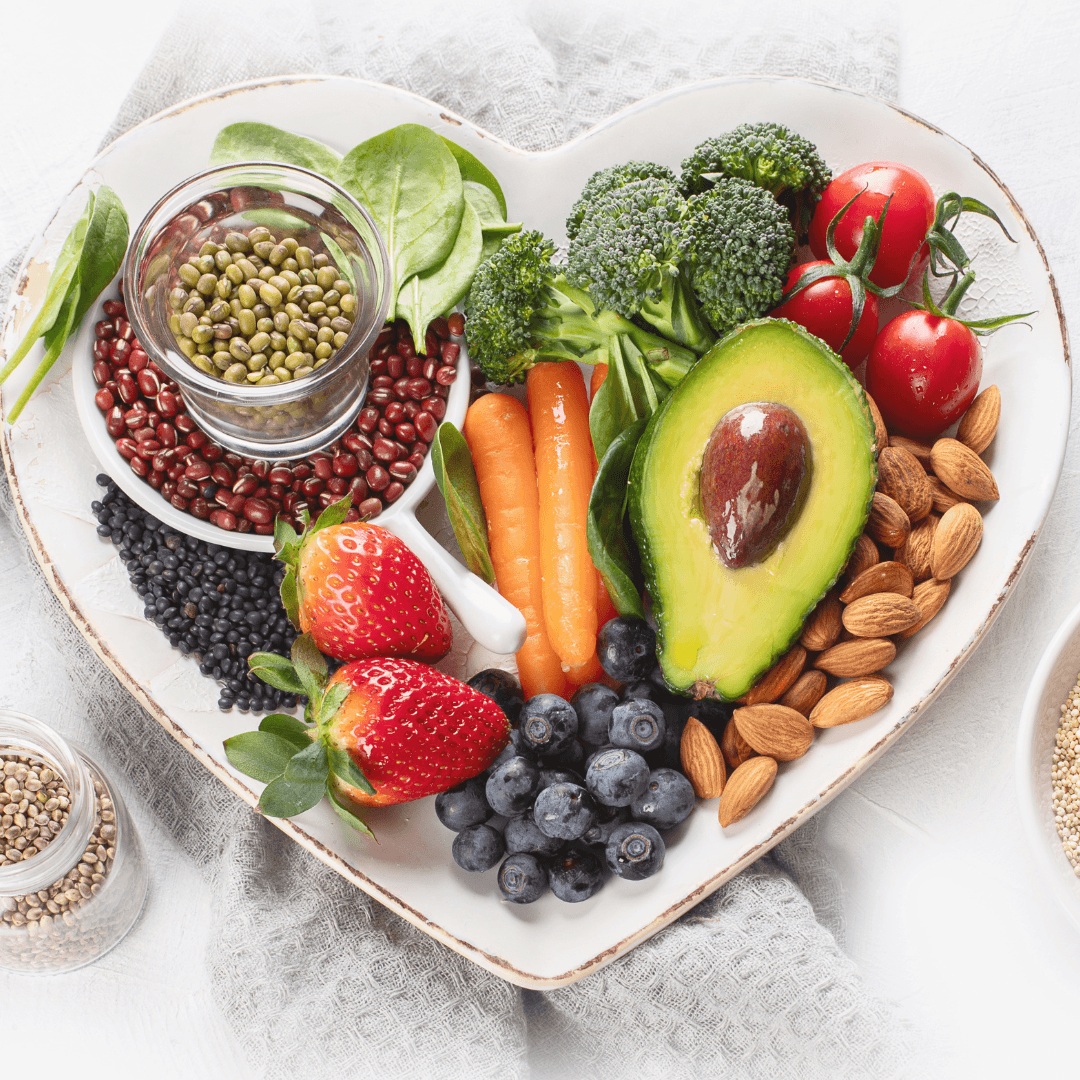
Extreme vs Compassionate
Vegans often walk a fine line between being perceived as extreme or compassionate. While some may view their unwavering commitment to animal welfare and the environment as radical, others consider it admirable.
The passion that drives vegans to make drastic lifestyle changes, such as avoiding all animal-derived products, is rooted in a deep sense of empathy.
Vegans are driven by the belief that every creature deserves to live without suffering and our planet deserves protection from harm.
While it might appear extreme to some, this level of compassion is a powerful force for positive change.
Rather than extremism, it can be seen as a commendable dedication to creating a more just, ethical, and sustainable world.
The perception of vegans as extreme can be reframed as a reflection of their profound dedication to creating a more compassionate and sustainable world.
Vegan advocacy and activism are essential in this journey, as they aim to raise awareness, drive change, and challenge existing norms.
Rather than viewing veganism as an extreme lifestyle, it can be seen as an expression of deep compassion and a call to action, inspiring individuals to make more conscious and ethical choices.
The continuum of veganism, from dietary to ethical vegans, encompasses diverse motivations and levels of commitment, contributing to a movement driving progress toward a more compassionate and sustainable future.
Conclusion
In conclusion, the question of whether vegans are extreme is a nuanced one. It's a matter of perspective and depends on how one defines extremism.
While some may view vegans as extreme in their commitment to animal welfare and the environment, it's essential to recognize that this dedication is rooted in compassion and a desire for positive change.
Instead of labelling vegans as extreme, we can see them as trailblazers, leading the way toward a more compassionate and sustainable world.
The dedication of vegans shines as a beacon of hope amid the urgent issues our planet faces today, from the unrelenting march of climate change to the haunting shadow of deforestation and the heartbreaking loss of biodiversity.
Their steadfast commitment to minimizing harm to animals and our vulnerable environment is not an extreme action.
It's a very honourable endeavour. It gently but consistently calls to each of us, provoking reflection and prompting us to reexamine our daily decisions.
These decisions influence the creatures and the earth we call home, reverberating throughout the intricate web of our shared environment.
In the end, the perception of vegans as extreme can be transformed into an appreciation of their unwavering commitment to creating a better, more compassionate world for everyone.
I trust you enjoyed reading the article about Are Vegans Extreme? Please stay tuned. There are more blog posts to come very shortly.
JeannetteZ
>>> Please click here to read my Vegan Travel Guides To World Destinations <<<
>>> Want To Learn How To Create Delicious, Cruelty-Free, Healthy AND 100% Vegan Meals? Try These Awesome Vegan Cooking Courses With A Free 7-DAY MEMBERSHIP<<<
Your Opinion Is Important To Me
Do you have thoughts, ideas, or questions? I would love to hear from you. Please leave me your questions, experiences, and remarks about Are Vegans Extreme in the comments section below. You can also email me at Jeannette@LivingTheVeganLifestyle.org.
>>> Please click here to read on PETA why we should be vegans <<<
Disclosure
This post may contain affiliate links. I earn from qualifying purchases as an Amazon Associate and other affiliate programs. Please read my full disclosure.
Here are some links to some of my favourite articles:
Best Vegan Makeup And Skin Care Brands

